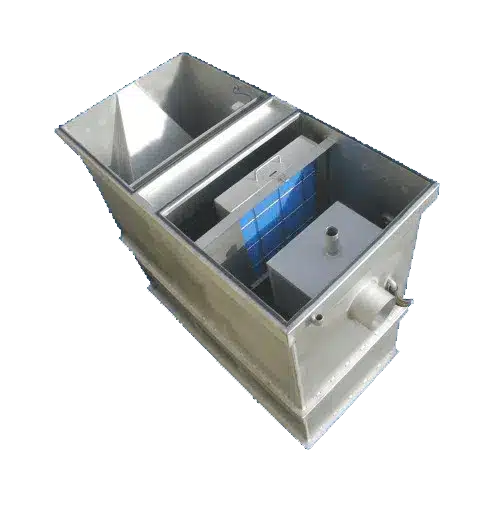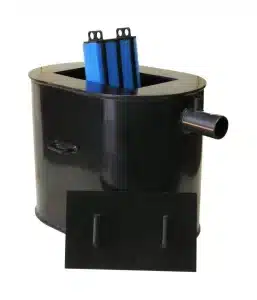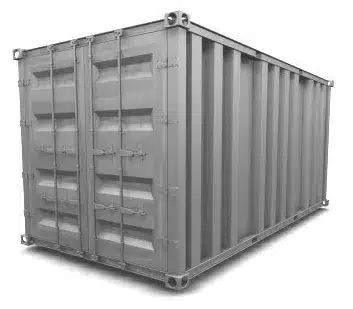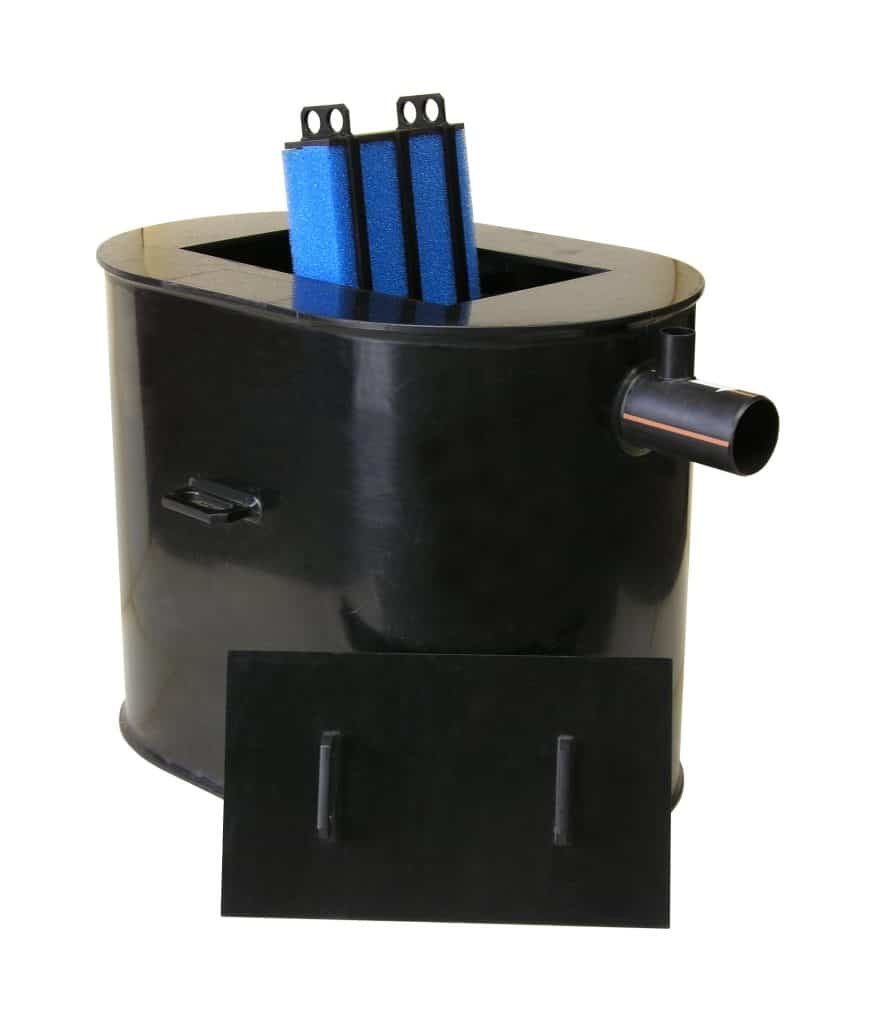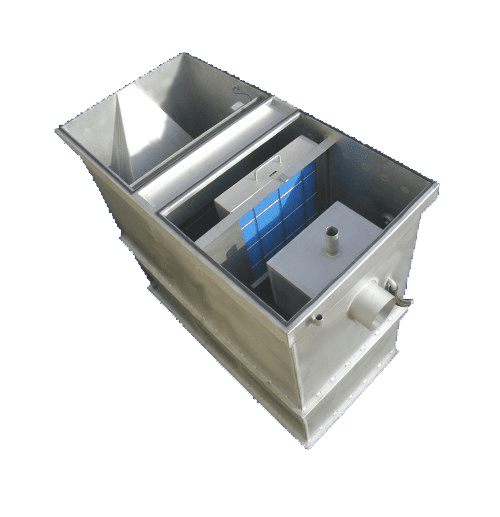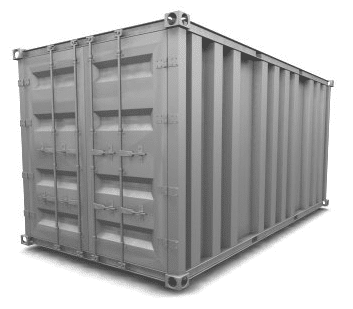Do you know about the hidden heroes working hard under our feet in the nation’s capital? In the District of Columbia, above ground oil water separators are key to keeping our water clean. They are vital for keeping the balance between city growth and nature in DC.
Freytech Inc. is at the forefront, offering top-notch District of Columbia Above Ground Oil Water Separators. These systems make sure the water is clean, meeting strict North American standards. They can remove up to 5 PPM of oil, and some even get down to 0.1 PPM for tiny oil traces.
In DC, the rules for oil water separators are tough. This shows the city’s strong commitment to protecting the environment. These systems handle many kinds of oil, like motor, diesel, gasoline, and jet fuel. This lets businesses run well while following strict environmental rules in DC.
Key Takeaways
- Above ground oil water separators are key for protecting the environment in DC
- Freytech Inc. offers high-efficiency separators that meet or beat industry standards
- These systems can remove oil from 5 PPM down to 0.1 PPM
- They manage different types of hydrocarbons
- DC has strict rules for oil water separators to keep the environment safe
- Advanced separators help with responsible city growth in the capital
Understanding Above Ground Oil Water Separators in DC
Above ground oil water separators are key to protecting the environment and managing stormwater in Washington, DC. They are crucial for businesses and facilities that handle oil and other petroleum products. Let’s dive into the main points of these separators and why they matter in the nation’s capital.
Definition and Purpose
Above ground oil water separators remove oil and other hydrocarbons from water. They use the difference in density between oil and water to do this. These systems are important for preventing spills and helping businesses follow environmental laws.
Importance in Environmental Protection
Oil water separators are vital for protecting the environment in DC. They stop harmful pollutants from getting into waterways and groundwater. By keeping oil separate from water, these systems help manage stormwater in DC and keep the city’s ecosystem balanced.
Regulatory Framework in District of Columbia
The District of Columbia has strict rules for above ground oil water separators. These rules are part of the city’s stormwater management plan. Businesses must follow specific guidelines for installing, maintaining, and inspecting these systems to stay in line with the law and protect the environment.
District of Columbia Above Ground Oil Water Separators: Types and Features
Oil water separator installation in DC is key to preventing water pollution. The District offers various types of above ground oil water separators. These systems are crucial for protecting the environment and keeping water clean.
Rectangular single wall and double wall separators are common in DC. The single wall is compact, perfect for smaller areas. Double wall separators offer extra leak protection, great for places with strict rules.
These separators have durable epoxy coatings inside and out. This coating fights corrosion and helps the equipment last longer. It’s very useful in DC’s changing weather.
Water treatment rates vary by model. Some separators can process up to 1000 Imperial gallons per minute. This is important for large-scale operations and fighting water pollution in industrial areas.
Filter media in these separators are easy to remove, clean, and reuse. This makes maintenance easier and cuts costs. Regular cleaning keeps the separator working well and makes it last longer.
Many models also have a solids collection chamber. This feature helps capture and store solid particles. It stops clogs and makes the separation process better, leading to cleaner water.
Installation Process and Requirements for DC Oil Water Separators
The process of installing an oil water separator in DC needs careful planning and following local rules. It’s important to set it up right for it to work well and meet environmental standards. Let’s look at the main steps in this process.
Site Preparation and Planning
First, a detailed check of the site is needed. This helps find the best spot for the separator, looking at things like easy access and how water drains. The site should also make maintenance easy and help water flow well.
Permitting and Compliance
Getting the right permits is a key step in installing an oil water separator in DC. You must send detailed plans to the authorities and make sure they follow DC’s environmental rules. Having the right documents helps avoid delays and keeps the project on track.
Professional Installation Services
Getting experts to install the separator is crucial for its best performance. These pros know how to set it up right, making sure it works well and follows environmental rules in DC. They can also advise on how to keep it running smoothly, helping owners protect their investment and the environment.
Maintenance and Upkeep of Above Ground Oil Water Separators
Keeping oil water separators in good shape is crucial for effective industrial wastewater treatment. Regular maintenance helps these systems follow DC environmental laws and last longer.
Cleaning the filter media is a key part of maintenance. These filters can be taken out and reused many times, saving money and time. Cleaning them regularly stops blockages and keeps them working well.
Places that treat industrial wastewater get a lot of benefits from regular maintenance of oil water separators. This includes checking them often, removing oil and dirt, and looking for damage. Doing this right makes sure they work better and meet standards.
Freytech Inc. gives advice on when and how to maintain these separators. They offer expert tips to help places make maintenance plans that fit their needs and local rules. Following their advice helps businesses keep their separators running well for a long time.
Environmental Benefits and Stormwater Management in DC
Above ground oil water separators are crucial for DC’s environment. They manage stormwater and stop water pollution. This supports the city’s goal of being sustainable.
Reducing Water Pollution
Oil water separators are important for keeping DC’s water clean. They take out harmful stuff from runoff before it gets into our water. This keeps our rivers and streams safe for aquatic life.
Compliance with DC Environmental Regulations
DC has tough rules for businesses to follow. Using and keeping oil water separators helps companies meet these rules. It shows they care about clean water and pollution control.
Contribution to Sustainable Urban Development
Good stormwater management is key for a green DC. Oil water separators help by easing the load on city systems. They stop flooding and keep water clean, making DC stronger against climate change.
By using these technologies, DC is getting closer to a greener future. Oil water separators are vital for protecting water and making city living better.
Conclusion: The Future of Oil Water Separation in District of Columbia
The future of oil water separators in the District of Columbia is bright. As cities grow, these systems will be more important for clean water. New technology from companies like Freytech Inc. is making them work better than before.
Environmental rules in DC are getting stricter. This means businesses and buildings need the best oil water separators. These tools are crucial for following the rules and protecting nature. They also help avoid big fines.
These separators are crucial in storm water systems. They process runoff to meet the US EPA’s Clean Water Act standards. With effective oily water treatment, facilities protect the environment and dodge big fines.
We can look forward to seeing more advanced oil water separators in DC. They will be smarter, more efficient, and easier to take care of. This progress will help DC stay green as it grows. It’s good news for businesses, residents, and the environment.

